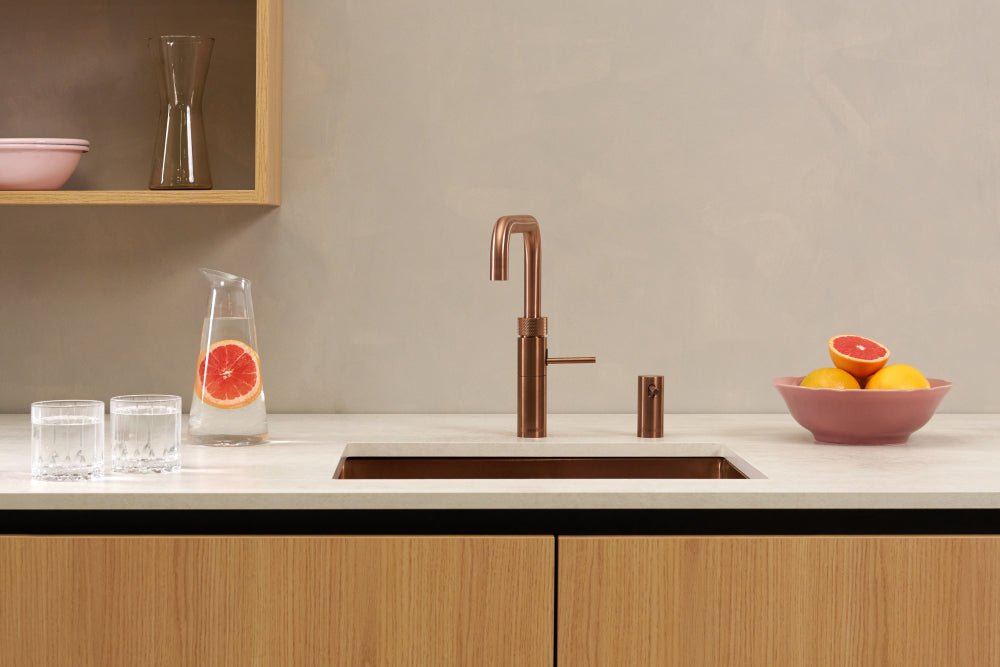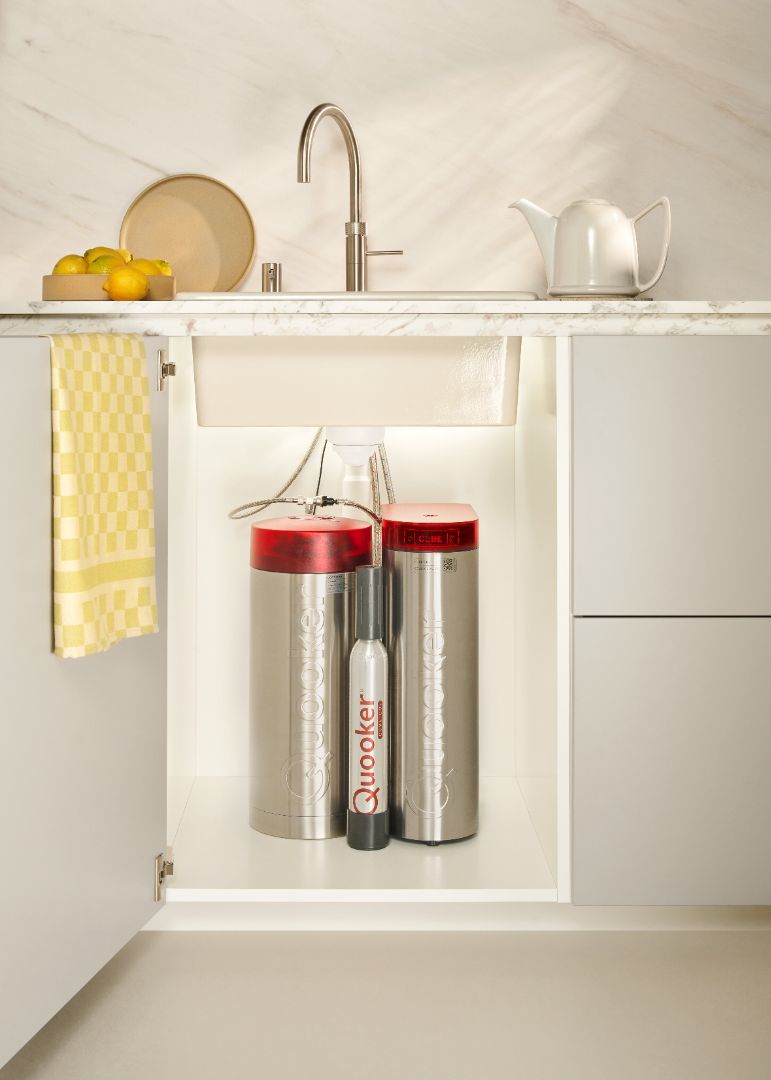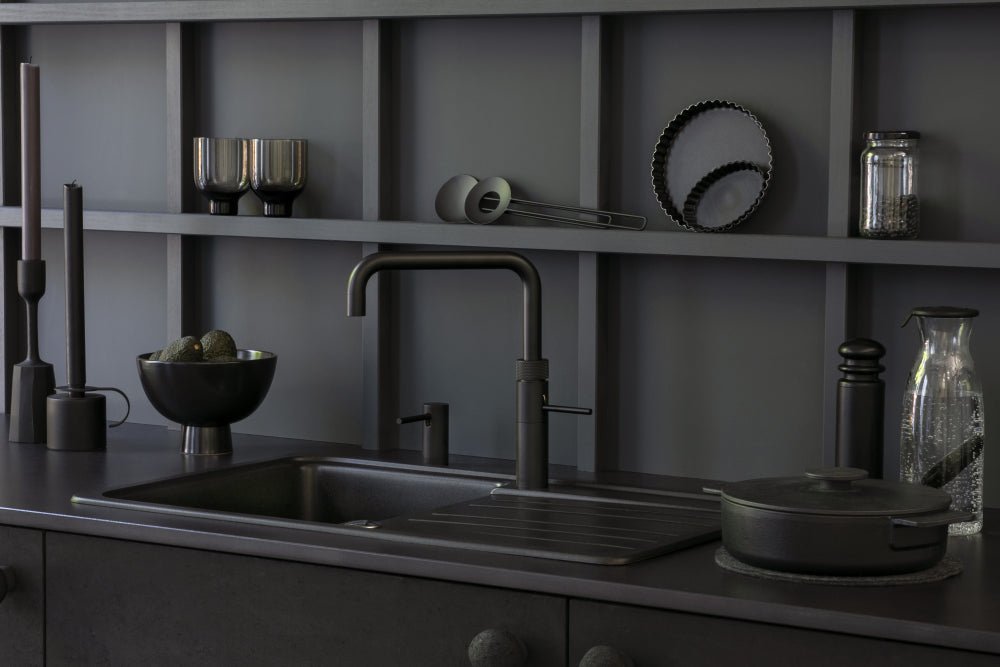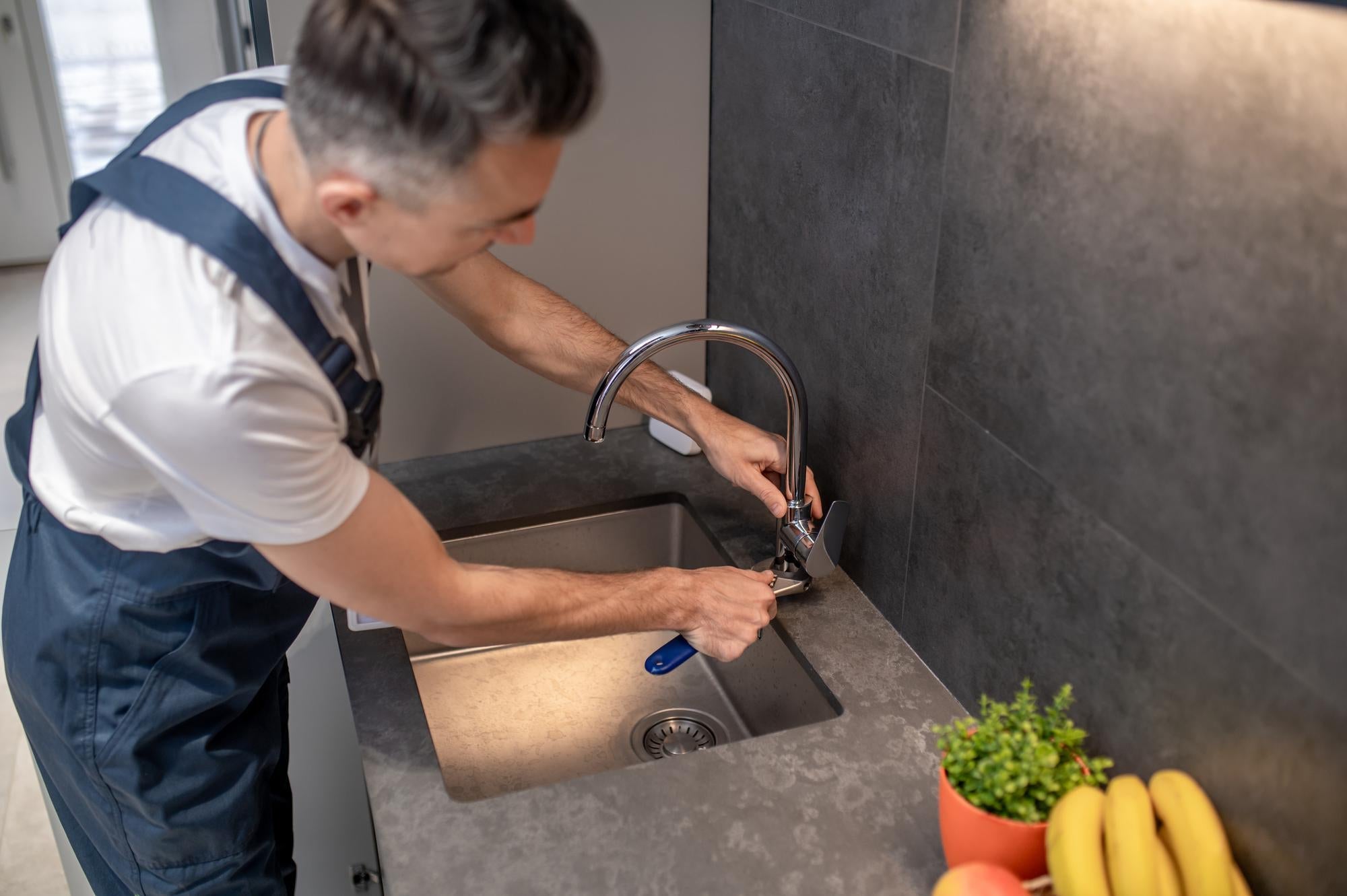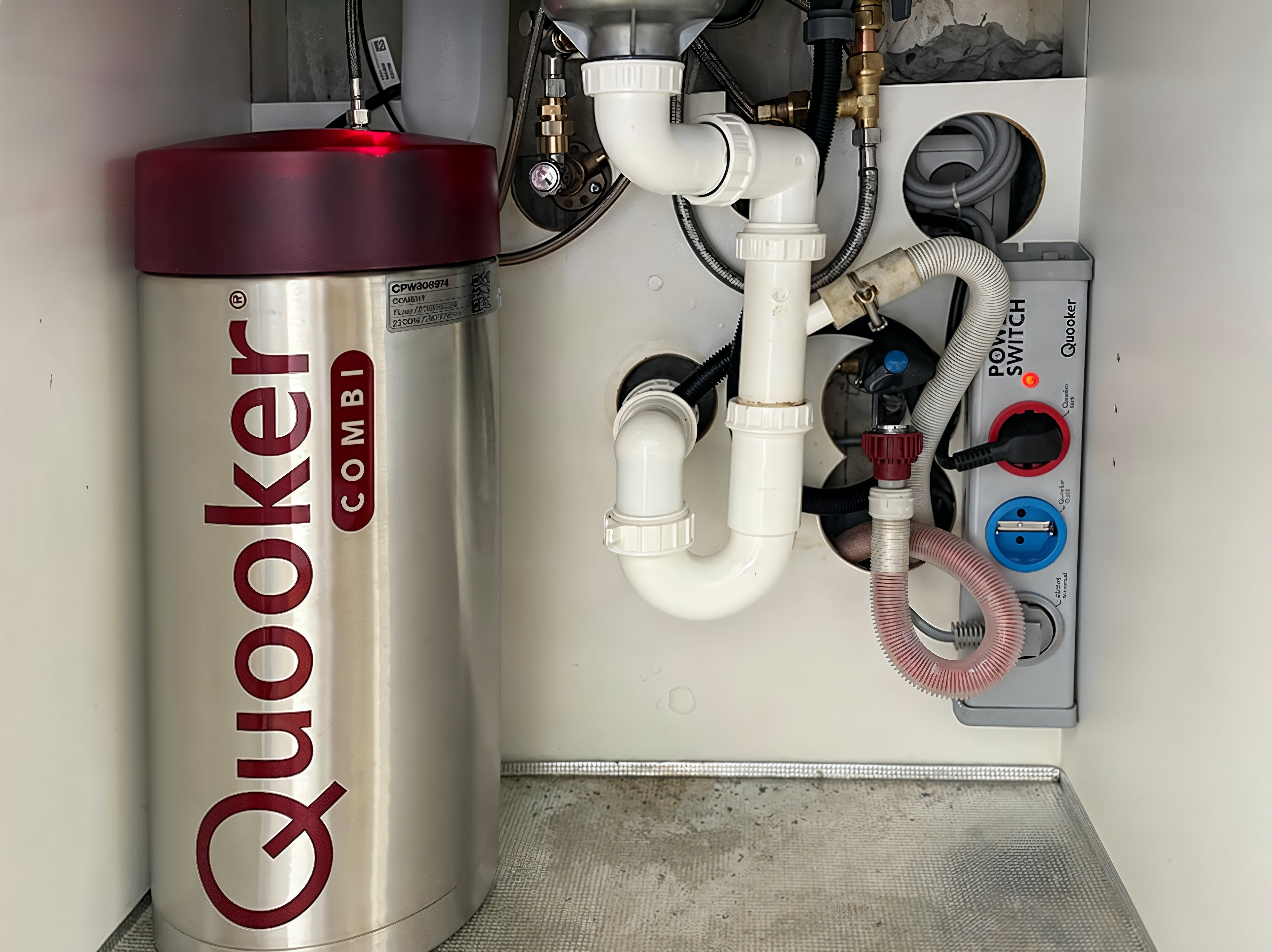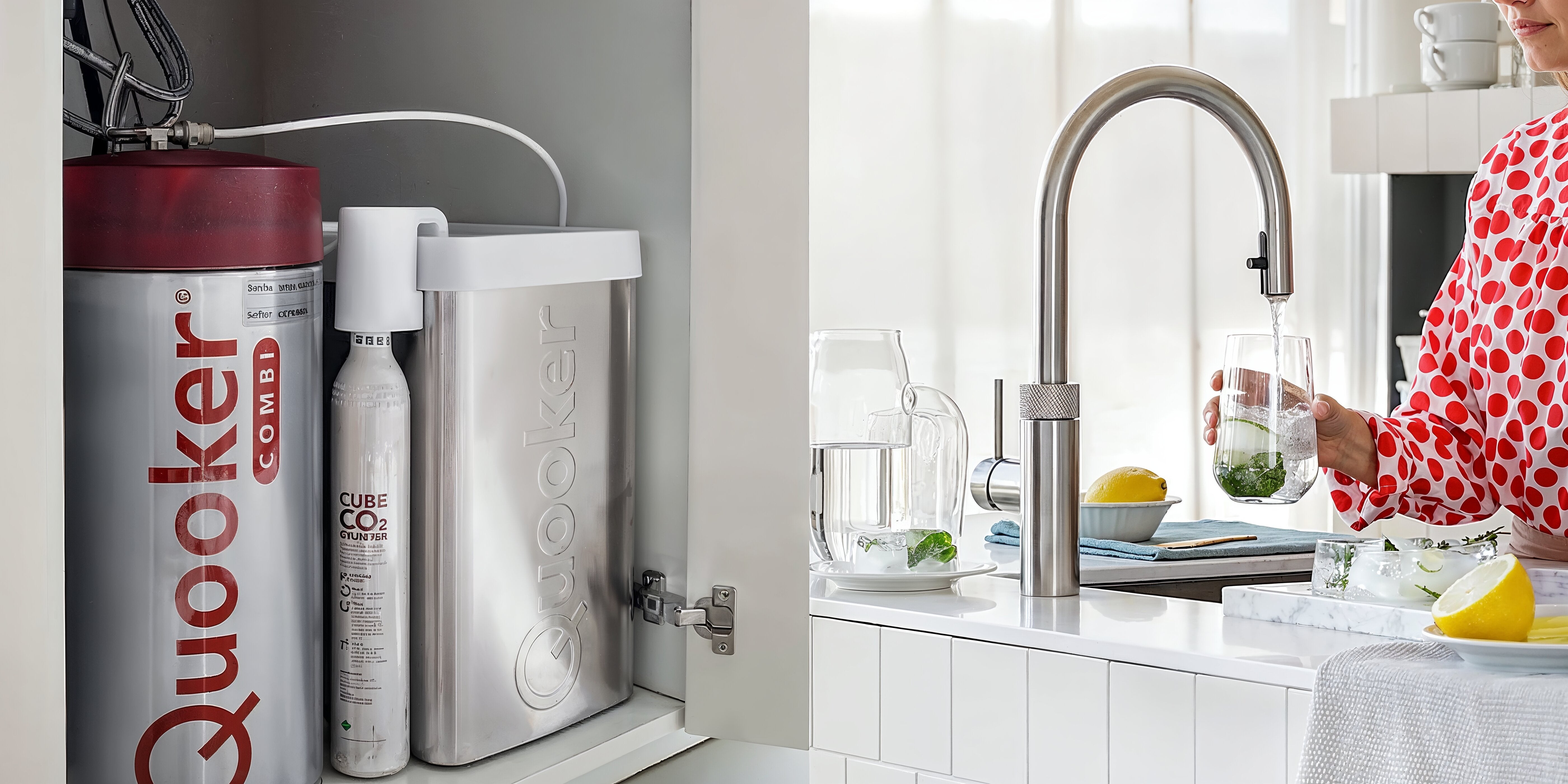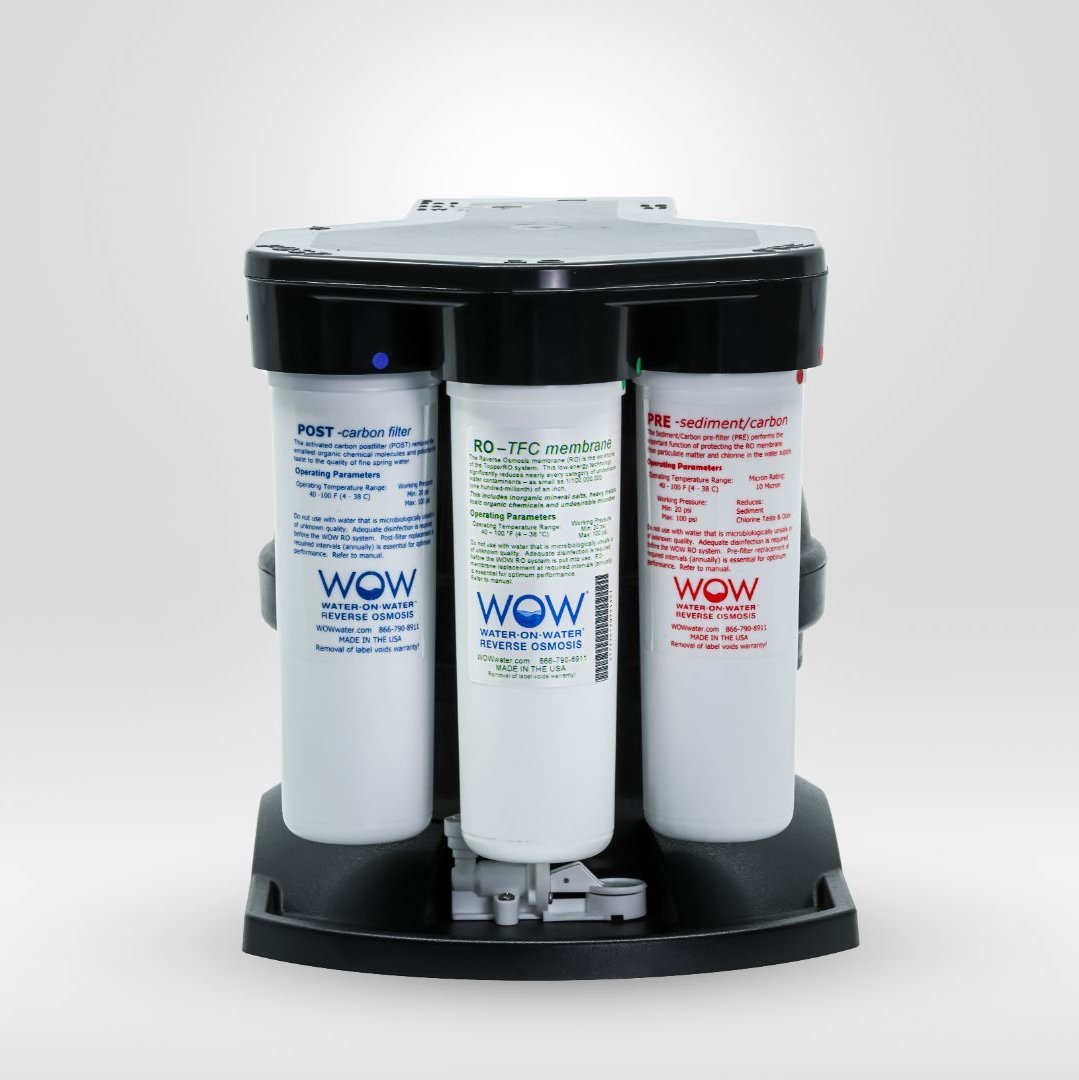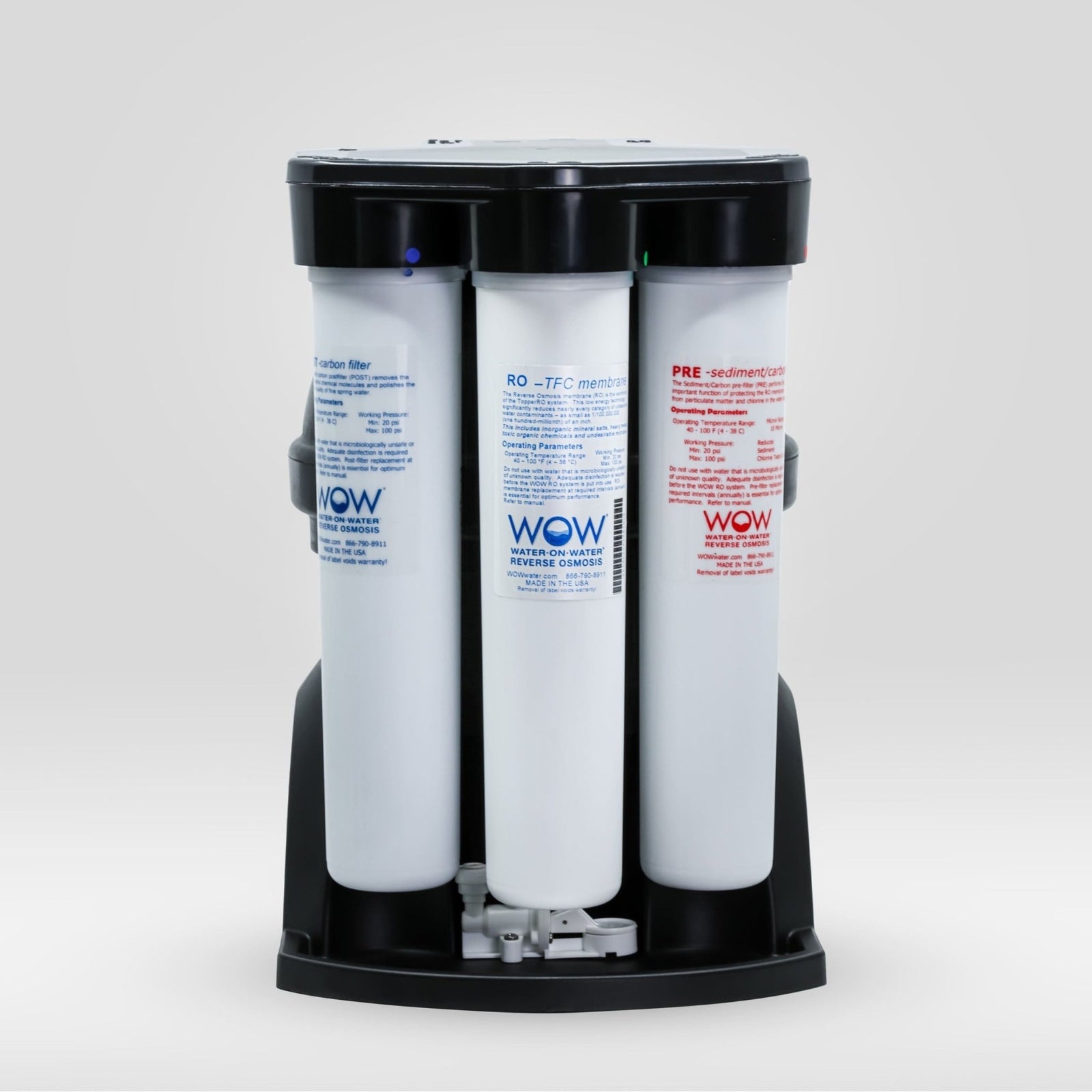Water is an essential building block of the human body, making up 60-80% of our cells and tissues. It plays a vital role in our health: it supports cellular function, enhances mental and physical performance, and contributes to our well-being. At PureAqua, we believe in the power of pure water and offer solutions to optimize your hydration, purify your tap water, and improve the quality of your drinking water where necessary.
This blog post is based on research and insights from Dr. Andrew Huberman, a leading neurobiologist and expert in human performance. He shares evidence-based information on hydration, water quality, and their impact on our health and performance. For the full video podcast on water intake and water quality, watch the episode:
Cells and water
Water is crucial for maintaining healthy cell function. It plays a key role in the construction and breakdown of cell components, chemical reactions, and the structure and function of proteins. Furthermore, water acts as a solvent and can even act as an antioxidant, protecting cells from free radical damage. At PureAqua, we emphasize the importance of pure water because it has a direct impact on the body's fundamental processes and thus on your overall well-being.
Optimize your hydration
Even mild dehydration can negatively impact your physical performance, alertness, and cognitive focus, leading to the well-known "brain fog." To prevent dehydration, we recommend drinking approximately 2.4 liters of water in the first 10 hours of your day, spread out over several hours. For example, start with 473 ml upon waking, followed by smaller amounts like 237 ml a few hours later, and so on. It's important to drink enough water during your active hours, as many people often don't pay enough attention to this.

Why the first 10 hours?
Your biological clock regulates your kidneys and intestines, among other things, through the hormone vasopressin. Within the first 10 hours after waking, your kidneys become more efficient at filtering fluids. Later in the day, this efficiency decreases, preventing you from waking up frequently during the night to go to the bathroom. While drinking more water during the day may make you need to go to the bathroom more often, this is actually a sign that your body is well-hydrated.
Tips for nighttime urination:
Waking up to go to the bathroom once or twice a night is usually nothing to worry about. If you notice this happening more often, try the following:
- Make sure you drink enough water during the day.
- Reduce your fluid intake in the evening, especially in the 2-3 hours before bedtime.
- If you must drink at night, take small sips. The pace and amount of fluid you drink affects your need to urinate.
Exercise, heat and hydration
In addition to the basic requirement of approximately 80 oz (2.4 liters) of water in the first 10 hours after waking, additional factors such as exercise, sweating, high temperatures, dry environments, and caffeine intake increase your fluid needs. During exercise, you can Galpin formula Use as a guideline for additional fluid intake. Note: these are averages, and there's no need to obsessively drink exact amounts at fixed times unless you prefer.
The Galpin formula:
- Body weight (in kg.) × 2 = number of mL of water to drink every 15-20 minutes.
Based on a body weight of 75 kg, the recommended water intake according to the Galpin formula is 150 mL water every 15-20 minutes during physical activity.
Example of an average day:
Suppose you exercise intensively for an hour:
- Time: 10:00 - 11:00
- Water intake: Drink 150 mL every 15-20 minutes, which is 450-600 mL in total during the hour.
In case of high temperatures or intense sweating, increase the Galpin formula guidelines by 50-100% . And for every 20-30 minutes in the sauna you drink 237-473 ml extra moisture. Calculate via this formula your optimal intake per hour.
Caffeine and hydration
Caffeine has a diuretic effect, so increase your water intake when drinking coffee or tea. Maintain a ratio of 2:1 To prevent dehydration, drink 16 ounces (473 ml) of water (preferably with electrolytes like sodium, potassium, and magnesium) for every 8 ounces (237 ml) of caffeinated beverage. Add a pinch of salt as a simple electrolyte solution.
Hydration plans
Thirst is a sign that you may already be dehydrated, because the sensation of thirst lags behind your actual hydration status. So, not being thirsty doesn't automatically mean you don't need extra fluids. Therefore, plan your hydration strategy ahead, especially in extreme weather conditions or during intense activities.
Tap water: What's in it?
Although municipal water treatment plants process large volumes of water, these systems have limitations. As a result, tap water often contains contaminants that, in high concentrations, can be harmful to health.
How do you check the quality of your tap water?
You can easily request a water quality report by searching your postcode or contacting relevant authorities, such as the Safe Drinking Water Hotline or a similar national organization. In the US, for example, these reports are available free of charge through the city or municipality.
You can also choose to test your tap water yourself. This can be done:
- At home: Of a test kit which costs about €49.
- In a laboratory: By a to send water sample for an independent analysis (from approximately €100).
Filtering Tap Water: What Are Your Options?
For most people, filtering their tap water is healthier. Many popular water filters can filter some disinfection byproducts, but they don't capture smaller particles such as fluoride, PFAS, pharmaceutical residues, and microplastics. Depending on your budget, there are several options for filtering your tap water:
• Budget-friendly (< €100): Use jug filters that can specifically filter fluoride, such as the pure water pitcher.
• Medium budget (~ €400): Consider countertop filters that can handle larger volumes of water; these are placed on the counter.
• Larger investment (€800+): Install a reverse osmosis water filter system, such as The Source, to purify your water to the highest quality.
Important: Don't boil your tap water as a filtration method. High temperatures can actually worsen some contaminants instead of reducing them.
Types of water and their properties
Depending on its ion concentration and filtration processes, water has various properties that can affect health. Here's an overview of the most common types of water and their characteristics:
Tap water with magnesium
Tap water with a higher concentration of magnesium (ideal: 8.3-19.4 mg/L ) is more alkaline, which can promote absorption into the body. However, this has nothing to do with changing your body's pH, as some water brands claim. The pH of your tissues is strictly regulated within a specific range.
Hard water
- Contains higher concentrations of magnesium and calcium, which raises pH and can improve nutrient absorption.
- Research suggests that more alkaline water can reduce inflammation, lower blood pressure and reduce the risk of cardiovascular disease.
Distilled or double-distilled water
- Calcium and magnesium are removed during distillation.
- Due to the lack of these healthy ions, regular use is not recommended.
Reverse Osmosis (RO) water
- Multiple filtration steps thoroughly remove contaminants, producing exceptionally clean water.
- This water is safe to drink, but often lacks essential minerals and can be expensive. You can solve this problem by installing a remineralization filter. This filter adds all the essential nutrients in the correct amounts.
Look at our home water filter system based on reverse osmosis.
Water enriched with hydrogen, electrolysis reduction or deuterium removal
- Has a higher pH than normal tap water.
- There is any evidence that this water may reduce inflammation and provide other health benefits, likely through improved cell hydration.
- You can make this type of water at home by using a molecular hydrogen tablet (with a specific type of magnesium) dissolved in a glass of water for 5-15 minutes.
NB: If your tap water already has a high concentration of magnesium, this water is naturally alkaline enough.
Structured water
- In the presence of certain solids or liquids, the structure of water can change, creating stronger bonds between like charges (e.g., positive/positive).
- There is currently no scientific evidence for the health benefits of structured water, but it is a controversial and growing area of research. Some theorize However, water is structured within cells and offers additional health benefits. This is a controversial topic with strong opinions (!) and a growing body of scientific research, so stay informed.
Practical tips
With simple and often free steps, you can make your tap water cleaner, healthier, and more absorbable. At PureAqua, we're ready to help you with solutions that fit your needs and lifestyle, so you can perform at your best every day.

